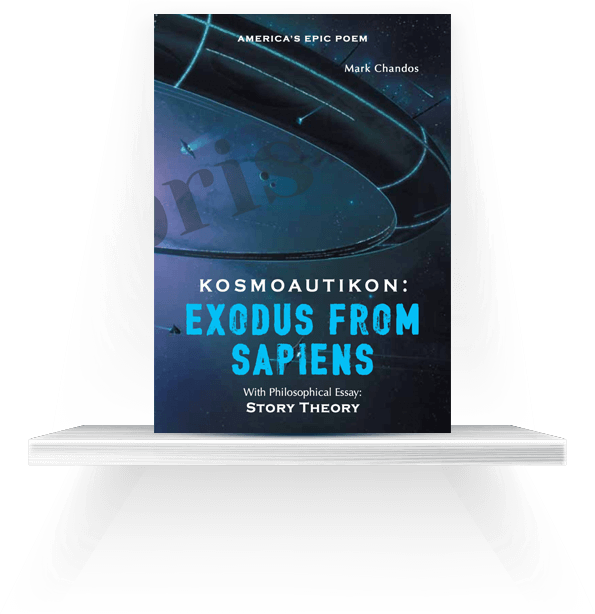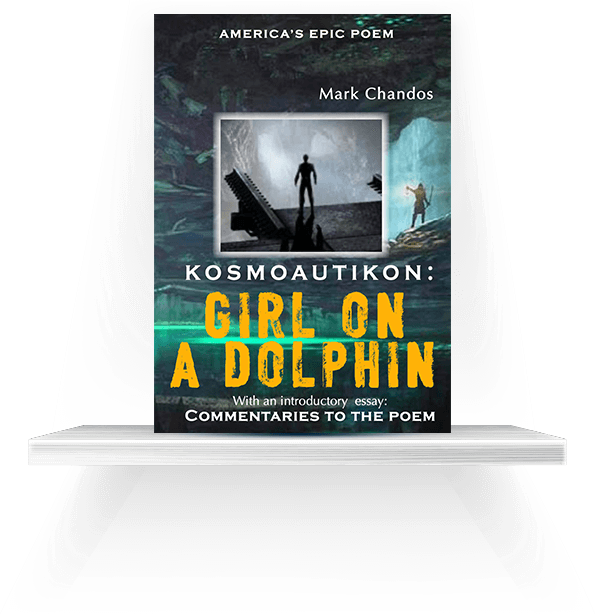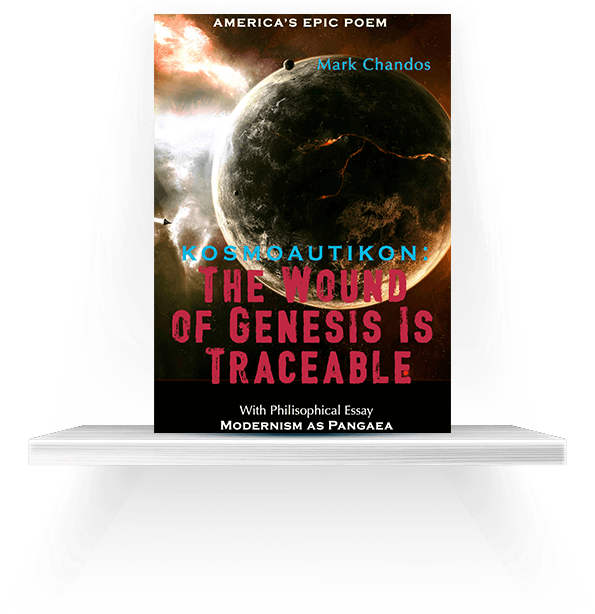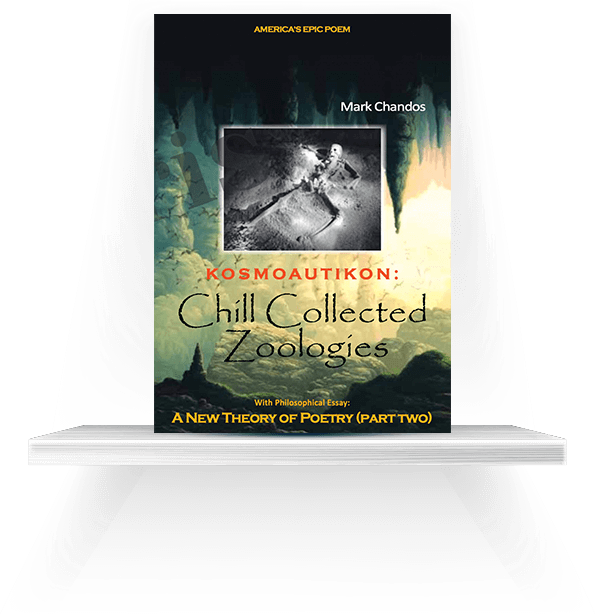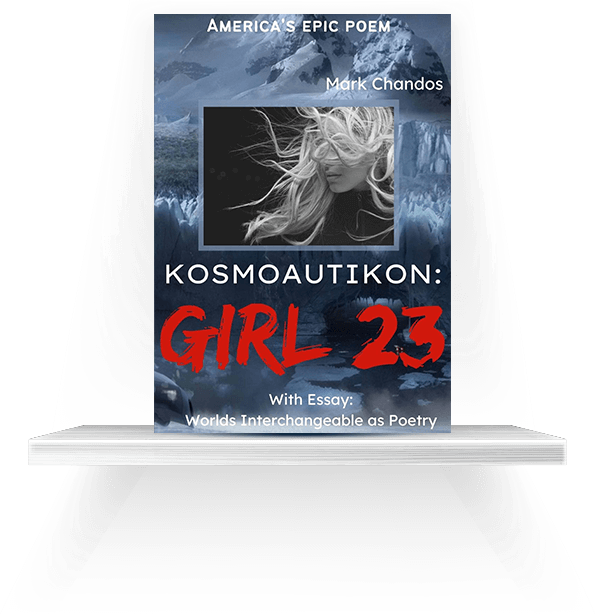What’s Wrong With Homo Sapiens?
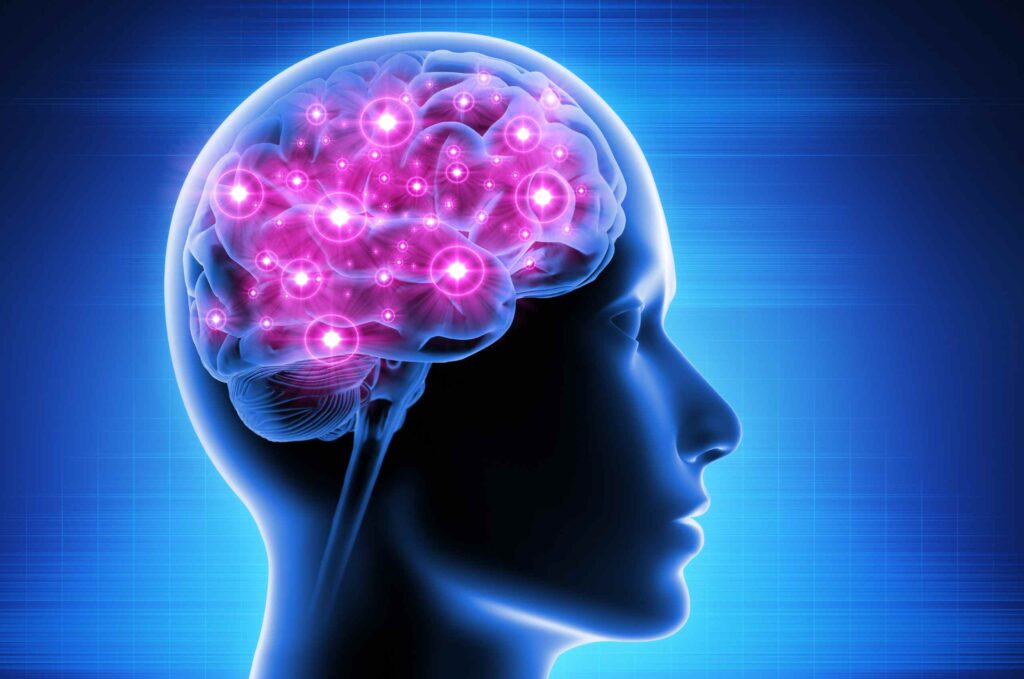
What’s Wrong With Homo Sapiens?
Any philosophy of man must define its subject. How to define Homo sapiens? Since there are no other facts of the origin of the human condition, we may only remark the behavior first identifying the species. As recognized by anthropologists, Homo sapiens is that species that carefully buried their dead with hope of futurity – using abstract symbology to decorate objects interred with in the graves. It is a ritual set alien to all other life on Earth. Sacred burial is all that physical science knows of Homo sapiens’ first origins in the fossil record. It can be confirmed in most early human habitations.
There is something wrong with Homo sapiens under modernism. Ritual burial of the dead and the creation of strong (symbolic) poetry are no longer the singularity of modern men. Homo sapiens, it may be argued, is consequently no longer extant. Why is ritual burial of the dead so important to our thesis of Homo sapiens? Burial of the dead gives us a vital clue about the first use of symbology. It tells us that poetry was the first proof of Homo sapiens. How can we be sure? Because there has to be a prior narrative of the afterlife before a human would take care to bury the dead (with objects symbolizing life in futurity). The singularity of our species is the ability to construct religious liturgy (i.e. poems portending eternal life) using abstract symbology.
I propose humans are diminished by the loss of our spiritual and metaphysical heritage. Our rich heritage has been replaced by the prognostications of totalitarian science – and we are poorer for the transition. This is why modernism is a rogue moment in human history. Modernism resembles a dark age of the human spirit. It is a dark age not because we lack intelligence or electricity, but because we have lost the vital rituals of Homo sapiens. We have lost the notable speech of spirituality – the sacred wisdoms embedded in religious narratives. We are proud secularists. We do not give prestige or authority to non-scientific speech.
It will be remembered in my argument, that civilizations are made, deconstructed, and remade again by memorable speech. Christianity, no matter what else may be said about it, was powerful speech. Judaism is entirely poetic speech. Islam is exclusively poetic speech. All that ever existed of Moses, Aaron, Isaiah, David, Jesus Christ, or Mohammed was poetic speech. There is no archeology. No bones.
Homo sapiens thus advances by enchanted speech – not by archeology. The Jesus movement, for example, was a rogue gnostic movement – containing a few sets of wisdom sayings – in effect, sets of enchanted speech.
The only quality distinguishing Christianity from other gnostic sects is its early single minded insistence upon faith healings – that faith can be used as a power to correct any physical ill – any danger, any human peril. This power of the mind, by any account a new discovery, only appeared with the use of poetic and religious narrative. The poems of Gospel writers led to the discovery of faith healing. Poetry of great power and precision activates the inward agency of mind. Memorable parables were nothing if not precise tools of the inward journey.
Homo sapiens has misplaced his advocacy of spiritual power. In the last century, the enchanted and memorable speech of Christianity has lost the exclusive monopoly to map the human mind. Not because Christianity is defective – but because it cannot compete with the immediacy of electronic communication – repeatable data sets, and the new necessity for archaeology. Christianity, like scientism, is a Church of imaginative speech – yet Christianity’s powerful symbols have lost the necessary component of plausibility. Our joys and our manners are blatantly secular.
I say there is something wrong with Homo sapiens. Man is not made in the image that modernism portrays. That modern men are civilized, seek peace, and are just – are not correct statements. The human is never satisfied with his condition. He is never at peace. If he has, he wants more; if he wins, he strives to lose it all. In relationships, love becomes, in practice, hate. Shame follows good fortune with sure regularity. Clearly this points to an underlying condition of the self-conscious mind.
The human mind is not made for contemplation. If it was made for sustained contemplation we could correct all disease, all poor judgments, and ensure the health of all our relationships. These are exactly the failures that define our condition. Rather the human mind is suited only to the condition of trouble.
In Story Theory consciousness is at war. The human mind is a locus for a war of good and evil – not of peace or equanimity. Therefore under totalitarian modernism, there will always be something deeply problematic with Homo sapiens. He or she will need to be medicated from an early age.
I say, rather, there is something wrong with Western men. Whether we attend a church, temple, or mosque, we have no practice of religious ritual or dogma that corresponds to our daily, modern, secular joy. Some may have an “outward” profession of faith, yet fewer have an inward experience of divine power. In fact, to clarify my point, most Western religious persons walk out of church only to enter modernism again – fully invested in the unique secular idioms of scientism. Something is wrong with a religion that is not a religion.
Westerners, when they face mortal crisis, do not enter the church (or mosque) for healing, they enter secular hospitals for industrial surgeries and pharmaceuticals. This practice blocks the authority, and use, of spiritual correction of all maladies. Spirituality – that is, the distinctive speech of spirituality – is blocked. The true faith of the citizen is in modern medical practice – not spiritual healing that draws upon the unique metaphysical dimensions of Homo sapiens’ mind.
Westerners no longer bury their dead with hope for reawakening in a resurrection of the futurity of life. Moderns, instead, quickly dispose of the dead with economical cremation and discount any discussion of an afterlife in the public space as unserious speech. Some citizens still may profess a “spiritual church” and a “god,” but in demonstration, all are confirmed material secularists in daily life. This makes modern Homo sapiens hypocrites by default. With split linguistics, the modern is a bearded lady.
Modernist joys are secular and vicious. Our alternate religious and secular posturing is cringe worthy – and merely represents a parallel, but false, catechism. After all, what is religion? Religion is the belief that spiritual force is superior in all cases to material apparitions (of physicality). Religion is an insistence on a non-material, non-earthly locality of power. Secular materialism, on the other hand, is the belief, linguistically enforced from youth, that man is at the mercy of physical causation. Materialism is linguistically demonstrated to be superior in all cases to a spirituality that cannot be physically detected. Thus, material causality is currently the only human faith taught in state schools and enforced by law.
I advertise the faculty of spiritual attainments to support a strong theory of poetry. I advocate the spiritual sense, exclusively as means of power that I would not wish to be without. As a poet, I ask if spirituality is a human idiom we can dispose of without regret. It is the central question of our time – yet the question is not asked in public forums. There is only the silence of the materialist academic, indicating an embedded secular intolerance of religious thought. There are only whispers in secret of the true believers. The question of Western spirituality concerns Homo sapiens intimately. It affects the poetic symbols we use – or do not use.
The insight of Story Theory is to deconstruct human -isms to schools of symbology and reduce them all to their final linguistic division. After this transformation, any –ism of the modern world can be exposed as mere symbology – poetry. This is how all civilizations are replaced – new people arrive with a new set of linguistic interrogatives – a new set of poems. Modernism will be replaced in exactly the same fashion – by a new linguistic interrogative of human life.
The insight of Story Theory is plausible. One hundred years ago archeology was not a prime component in human understanding of the universe – and in another one hundred years it may also be out of fashion. Why? Because there will be a new human race at that time. That is the narrative of Kosmoautikon.
Homo sapiens experiences texts – not archeology. Not every enchanted human narrative needs an archaeology to be operative. There are no verifiable artifacts of Hebrews in Egypt, there are no bones ever dug up of a single person in the Bible. All we have are verses of a people of great poetic power. Yet, to the point, these “just-so” poetic narratives of the Bible have existed as the plausible reality of the Western civilization. They made conquest of the globe. In Story Theory, this is evidence that archeology, as any form of scientism, is secondary to poetic texts.
This is the challenge Story Theory poses to the modern materialist: is it better to be locked into a fixed, absolute physical materiality – permanently immobile in an aged skeleton – or is it better to choose new forms of life from linguistic innovations – from new fountains of prestigious poetic speech? Divination and prophetic voice go deep in our genome, have survived as long as Homo sapiens has survived, and for that reason are worthy of our attention.
From the perspective of Story Theory, there is something wrong with Western Homo sapiens. He has lost his divination bone – his spiritual component – and he fails to communicate with powerful symbols of the afterlife. Sacred texts have no linguistic answer to the constructs of commercialism and industry. Spirits are speechless to judge industrial processes. Christianity’s imaginative voice has failed to maintain its race for supremacy. Islam, smelling the death of Western faith, waits outside with a scythe. The churches of secularist Europe are permanently empty.
We age horribly with modernism. Modernism hands out death sentences. In some form, pharmaceuticals are given now to most all Western children at an early period of their life. We daily are schooled about the grisly authenticity of modern diseases. We each accept the finality of the prognosis of new classes of modern cancers. The modern’s first act is to make an interrogative of the reality of the disease. Once the case of a disease is linguistically established – the grizzly outcome is prophetically fulfilled. Once the human is gripped with full-bodied materialistic terror – the horrible, crippling, and ghastly material correlative is unavoidable. The philosopher would recognize the fully functioning protocol of prophecy. Modernism is its own self-fulfilled prophetic voice.
This is exactly a position in which the human mind should never have found itself – that is, helpless before the materialistic definition of human life. We are cornered – and condemned – by our own self-made, self-referent scientific idiom. Science can prove you are sick, and takes the care to find a sickness for every person. It is profitable and adds prestige to the PhD.
What are the facts of the case? Spirituality gave Homo sapiens a superior and accessible resource of power. Again, I speak of a faculty of power – not mere ritual. Spirituality gave humans the imagination to go beyond the limit of their material corporality. By any account, that is an achievement of power unique on the planet. The uniqueness of Homo sapiens was first indicated by the treatment of their dead – in burials that looked forward to the spiritual continuation of life. And now this singular uniqueness is to be lost? Is the mind somehow advanced, having forsaken its spiritual audacity?
Modern men have regressed from their Homo sapiens ancestors. Modern men are weak and helpless – they cannot call out to powerful gods. They need state care in every category of life. They cannot name the plants in the field, the trees in the forest, and they cannot find their own food. Modernism treats the human as if he is sick – and needs state help and state-funded pharmaceuticals at the earliest age. The Western citizen is only assured he will be handicapped at some time in his life.
There is something wrong with Homo sapiens…he has lost his purse of images.

